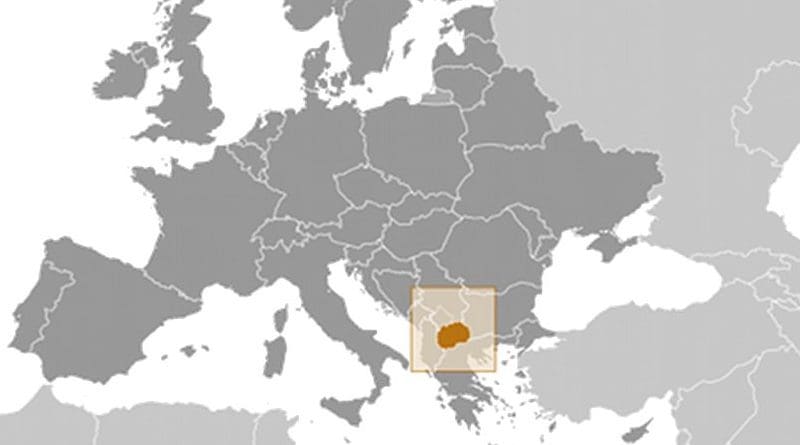EU-Macedonia Committee Urges Leaders To Remain Focused On Reform Agenda
At its meeting in Skopje on 19th April 2011, the EU-The former Yugoslav Republic of Macedonia Civil Society Joint Consultative Committee (JCC) raised concerns about the political situation in the country. It condemned the recent intimidation of civil society activists coming from political authorities and called on the government to fully guarantee freedom of expression.
The meeting was attended by Mr Vasko Naumovski, Deputy Prime Minister for European Affairs, Mr Xhelal Bajrami, Minister of Labour and Social Policy and H.E. Mr. Peter Sørensen, newly appointed Head of the EU delegation in Skopje. Mr Sandy Boyle, EESC Member, President of the external relations section, also took part in the meeting.
The JCC asked political leaders to come back to the reform agenda, and to move towards a common strategic goal: EU accession, beyond any political rivalries.
Members welcomed the re-established Economic and Social Council in the county as a platform which should improve the effectiveness of social dialogue.
However, they underlined the fact that social dialogue was still not satisfactory both in the public sector and at enterprise level. They emphasised that public authorities must facilitate social partners’ autonomy and encourage bilateral social dialogue.
This joint body, made up of 12 representatives of civil society from the EU and the former Yugoslav Republic of Macedonia (6 on each side), meets twice a year. It is co-chaired by Ms Pirkko Raunemaa, EESC Member (Various Interest Group, Finland) and Ms Lidija Grupcheva, Member of the Organisation of Employers of Macedonia (ORM).
The next JCC meeting is scheduled to take place in Brussels in October 2011. The main topics will be rural development and employment, and the fight against corruption.

